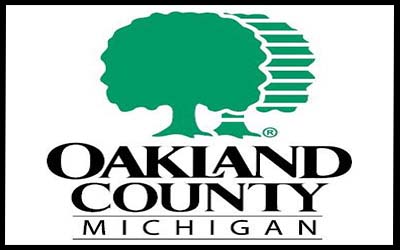
Ford to Invest $185 Million in New Battery Research

FOR IMMEDIATE RELEASE April 27, 2021 Contact: Press@Michigan.gov
Governor Whitmer on Ford’s Announcement to Invest $185 Million in New Battery Research and Development Center Called Ford Ion Park
LANSING, Mich. — Governor Gretchen Whitmer released the following statement after Ford announced a $185 million investment to develop a new 200,000 square-foot global battery center of excellence called Ford Ion Park to expand battery research and development for personal, utility, and commercial vehicles. The latest announcement by Ford follows their commitment to invest $22 billion in electrified vehicles by 2025.
“This $185 million investment will bolster our economy, attract innovative talent to Michigan, and help us continue to lead the world in advanced mobility and manufacturing,” said Governor Gretchen Whitmer. “Ford is an American icon that has left its mark on the world over a century, and with this new facility and their research, they will shape the next century while reducing emissions and accelerating electrification.”
Under Governor Whitmer’s leadership, the Michigan Economic Development Corporation has supported additional investments in automotive manufacturing.
In 2019, Ford committed to investing approximately $750 million and adding 2,700 new direct jobs at its manufacturing facility in Wayne, Michigan to support production of the all-new Ford Bronco and Ford Ranger, as well as create a new vehicle modification center at that location where Ford’s first autonomous vehicles will be completed starting in 2021.
At the same time, Ford announced it would add 300 jobs and invest nearly $700 million in new manufacturing equipment and tooling to support production of new electrified variants of its F-150 truck series, producing both a hybrid and fully electric vehicle. Ford also announced a new battery operation at that location, where workers will assemble battery cells into battery backs for the F-150 hybrid and F-150 battery electric vehicles.
Last year, Ford built on this investment announcing an $850 million investment in the company’s Rouge Factory in Dearborn and Van Dyke Plant in Sterling Heights, creating and retaining a total of 725 Michigan jobs
Ford is also transforming the historic, Michigan Central Station and several adjacent properties in Detroit’s Corktown neighborhood into an innovation hub for Ford’s vision for the future of transportation. Projects like these, in partnership with the efforts of the Office of Future Mobility and Electrification, ensure Michigan remains the home for economic opportunity as well as mobility solutions for today and the future.
Combined, these announcement represent nearly $2.5 billion in investment and more than 3,700 jobs for Michigan workers since December of 2019.
|





